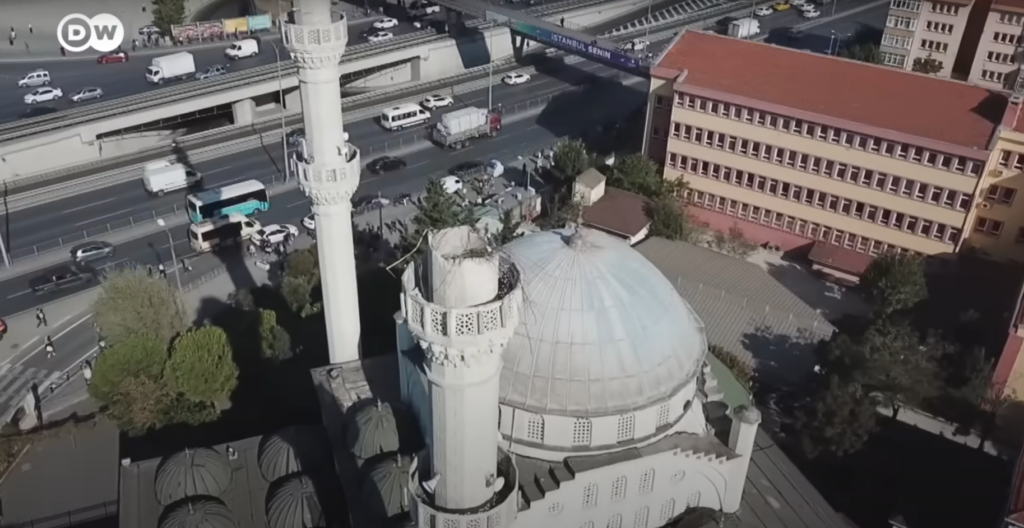In the early hours of 06 February 2023, south eastern Turkey and northern areas of Syria were hit by a powerful and destructive quake. A second one followed only hours later, as well as a series of after shocks. Far away to the west, Istanbul was unaffected; but Turkey’s largest metropolis, lies close to the North Anatolian Fault Zone, one of the most active in the world. Seismologists say the city could be hit at anytime as this documentary, shot in 2019, illustrates.
Marco Bohnhoff is from the German Research Centre for Geosciences in Potsdam. We accompany him and his team on their way to the Princes Islands in the Sea of Marmara just to the south of Istanbul. With the help of several measuring stations, the scientist wants to develop a new type of early warning system for earthquakes in the region. In a best case scenario, it would send warning signals hours or even days in advance. The Anatolian and Eurasian tectonic plates meet directly below the Sea of Marmara, making the risk of earthquakes particularly high. In the case of a big tremor, Turkish disaster management authorities forecast at least 80,000 deaths. In the last few years, the city has been trying to become more earthquake-resistant, for example by tightening building regulations. However, the Chamber of Civil Engineers is skeptical, with chairman Cemal Gökce stressing: Not everything that is new is earthquake-proof. Seismologists such as Marco Bohnhoff, as well as disaster prevention experts and engineers, are working flat out to prepare Istanbul for future natural disasters by constructing special buildings and improving forecasting.
[This documentary was filmed in 2019.]
